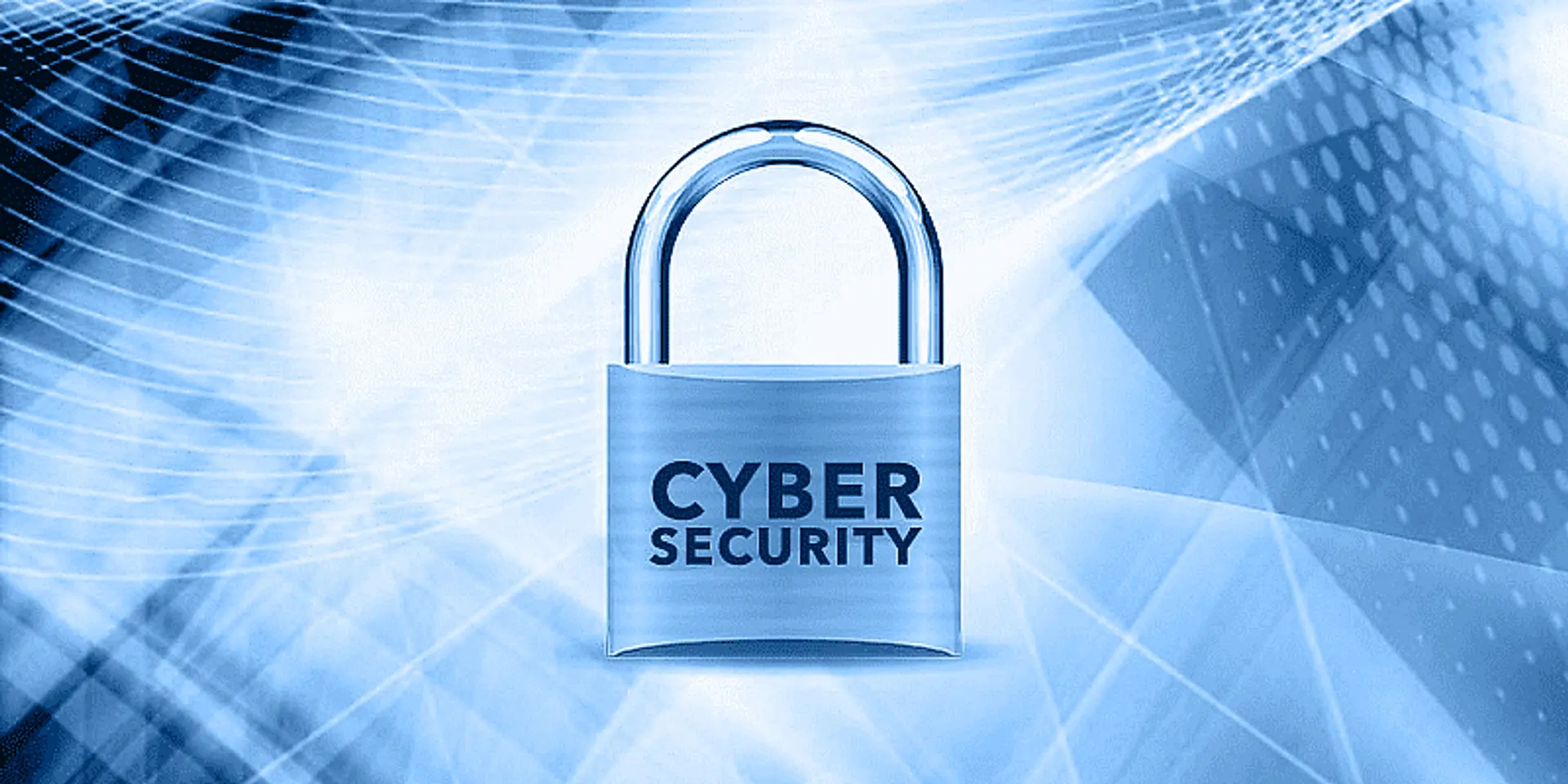Preparing for cybersecurity combat: What startups can do to keep safe from bad actors
Startups need to recognise the threat, proactively look for gaps in the security infrastructure, and be equipped and prepared for any possibility of a cyberattack.
Cybercrime has witnessed new dawn since the outbreak of the novel coronavirus. It might be easier to believe that startups will not be the targets of cyber threats, but let’s bust the myth right here. The fact is that startups and smaller organisations with limited security modules are easier to invade and are therefore easy targets for cybercriminals.
A cyber-attack has the potential to stall a large business and ultimately knock out a startup. Hence, startups need to recognise the threat, proactively look for gaps in the security infrastructure, and always be well equipped and prepared for any possibility of a cyberattack.
No matter the organisation’s size or the processes at play, every organisation today should consider putting a cybersecurity strategy in place to recover from any security incident. To start with, here are a few things that any startup must consider.
Assess and evaluate your risk areas
Firstly, it is essential to run a thorough evaluation of your enterprise’s risk and vulnerability areas. This assessment will help spot any functional irregularity on the network, understand the possible gaps, and help the team identify approaches to secure the network from the bad actors. The practice will also help you identify risk and strategise an effective security plan for your company.
Moreover, once you evaluate your capacity and business risks, you can make an informed choice about the need for any specialised security software that may be critical for ensuring your business’s security.
For example, does your organisation have technical resources to look into Network Detection and Response? If not, you might want to look at managed services.
Keep updating your systems
Cybersecurity of your business needs constant attention as cybercriminals are increasingly outsmarting the security processes. With new and sophisticated means, they are looking at every opportunity to infiltrate into organisations’ data systems.
Organisations that are not upgrading to new and advanced operating systems are always at a higher risk of cyberattacks. By regularly updating your software and operating systems, you may be able to dodge or mitigate the chance of possible cyber threats.
Encryption is the key
Encryption is used to protect sensitive data, including personal information for individuals. Encrypted data is known as “cipher text” and can only be decrypted with a key or password. Data encryption will ensure that anyone who is not supposed to access your data is not able to read, understand, or use the data, even when they succeed in getting past your security systems.
This helps to ensure anonymity and privacy, reducing opportunities for surveillance by both criminals and government agencies. Encryption is an enabler to achieve the flexibility, compliance and data privacy that is required in today's business environments.
Backing up data
Your enterprise must invest in cloud backup services to ensure cybersecurity. Backup not only helps you protect your business data but also enables you to restore this data after a security incident or threat.
Since the protection of your company's data is an absolute priority, you must keep a regular check and ensure that your data gets backed up periodically. This practice will possibly safeguard your interest, especially in case of a hack attempt.
Using multi-factor authentication (MFA)
Multi-factor authentication (MFA) is a security procedure that requires verification, wherein you need to provide two or more identity proofs before accessing your account. With added security checks, this adds a security surface that makes it harder for cybercriminals to access your business network.
Cybersecurity training for your employees
Employees are the most prominent driving force of any business in the world. Therefore, it is pertinent for business owners to invest in cybersecurity training and education for employees, irrespective of their roles and designations.
Businesses must conduct training sessions on cybersecurity best practices to build a culture of security in their enterprise. Companies need to make employees aware of possible threat signals like fraudulent emails to emphasising the need for adopting safe cybersecurity practices - like using strong passwords.
If they know their responsibilities and rights, maintaining and protecting business data shall be more effortless.
To conclude, it is imperative to adopt a security-centric culture from the very birth of your business. When it comes to securing the organisations against cyberattack, every employee's role is critical, and they must be thorough and comfortably aligned with the security policies of the organisation.
Edited by Megha Reddy
(Disclaimer: The views and opinions expressed in this article are those of the author and do not necessarily reflect the views of YourStory.)




